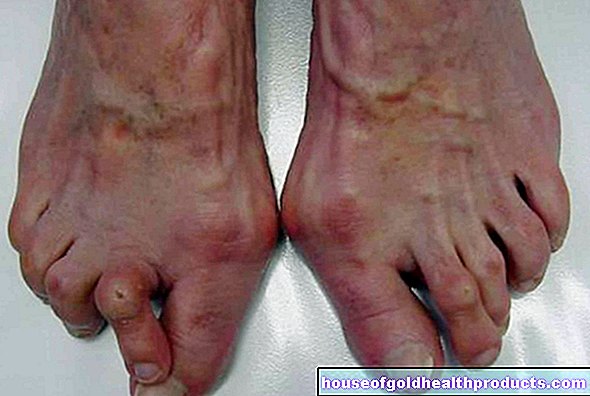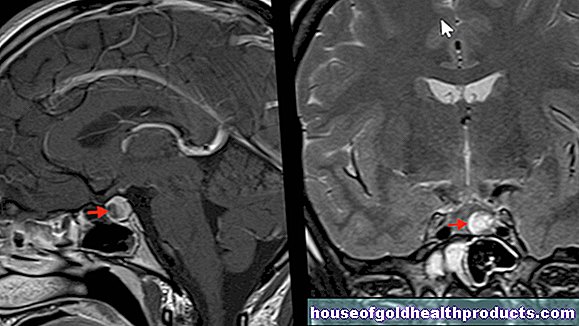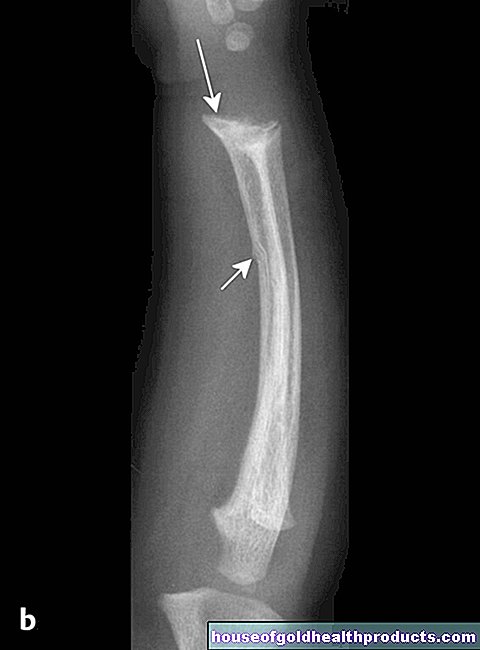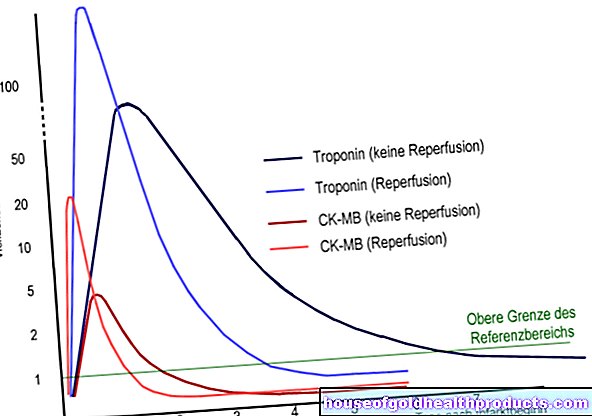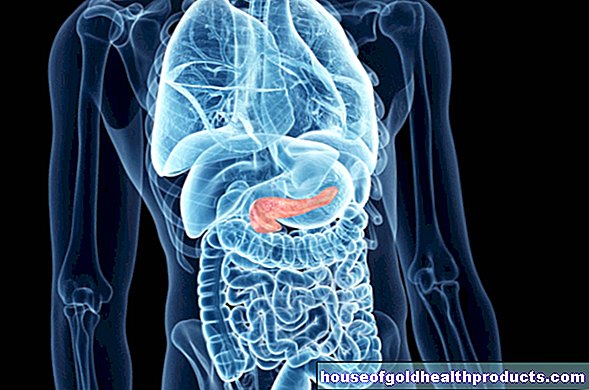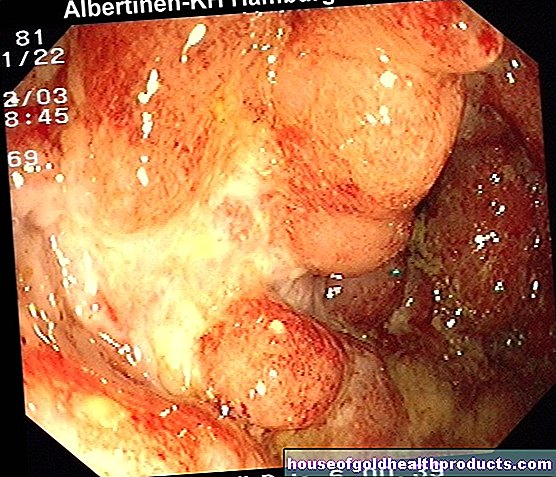Ulcerative colitis: smoking doesn't help
Christiane Fux studied journalism and psychology in Hamburg. The experienced medical editor has been writing magazine articles, news and factual texts on all conceivable health topics since 2001. In addition to her work for, Christiane Fux is also active in prose. Her first crime novel was published in 2012, and she also writes, designs and publishes her own crime plays.
More posts by Christiane Fux All content is checked by medical journalists.It is said that smokers are less likely to develop the inflammatory bowel disease ulcerative colitis. Some patients therefore hope that the nicotine stalks can alleviate their symptoms. There are even non-smokers among those affected who, for this reason, start to smoke. Is the hope justified?
A team led by Jonathan Blackwell from St. George’s University in London has now investigated this hypothesis. To do this, the researchers are comparing the disease data from 6754 newly diagnosed ulcerative colitis patients. These included smokers, ex-smokers and non-smokers.
No advantage for smokers
The results showed that smoking did not have any positive influence on the course of the disease: the smokers experienced a flare-up of the intermittent disease with cramps and diarrhea just as often as the non-smokers and needed just as much medication. They also had to go to the hospital just as often and have just as many bowel operations.
Symptoms did not worsen in those smokers among patients who gave up cigarettes over the course of the study period.
"We don't show any benefit from smoking in ulcerative colitis," explains Blackwell. Newly diagnosed patients should be advised not to start smoking in the first place. The researchers write that smokers should be encouraged to quit. Instead, patients should be encouraged to improve their overall health.
Crohn's disease instead of ulcerative colitis?
The fact that, according to some studies, smoking could have a certain protective effect in the development of the disease is possibly due to a variant of the NOD-2 gene that 10 percent of patients carry. It contributes to the fact that the disease occurs more frequently in some families. In the case of carriers of this gene variant, smoking could actually have a protective effect. However, this increases the likelihood of another inflammatory bowel disease: Crohn's disease.
Ulcers in the mucous membrane
Ulcerative colitis (English ulcerative colitis) is a chronic inflammation of the intestine. Those affected often suffer from bloody, slimy diarrhea, constant urge to defecate and abdominal pain in the left lower abdomen. In addition, there are fever, exhaustion, sometimes inflammation of the eyes, skin changes and swollen joints.
It is caused by ulcers in the inner lining of the colon. In contrast to Crohn's disease, the rest of the digestive tract is spared the chronic inflammation. Patients often have to undergo their first operations after about ten years of illness - to open up intestinal constrictions or to remove intestinal sections that cannot be rescued. Experts estimate the number of ulcerative colitis patients in Germany at around 170,000.



